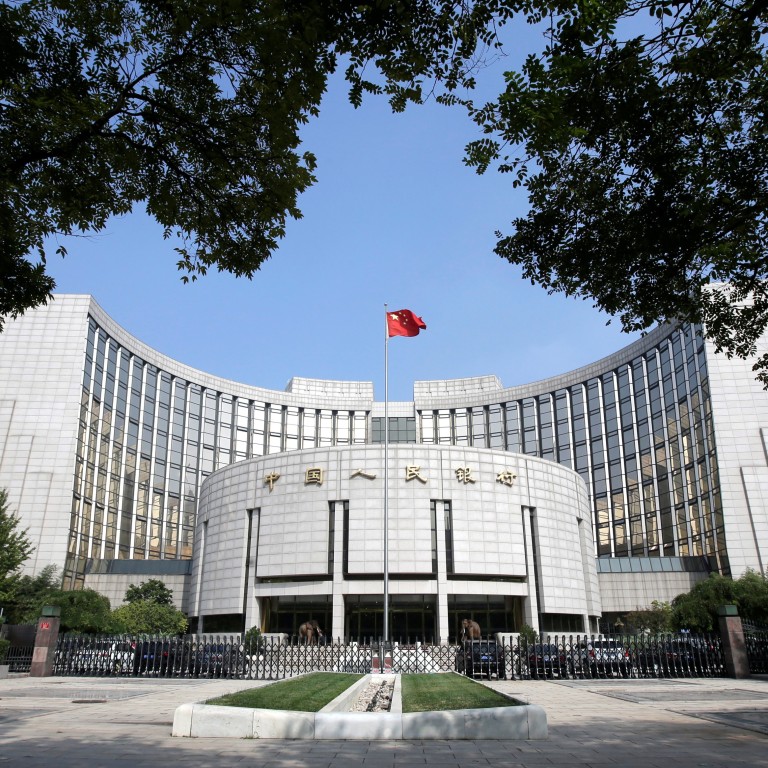
China’s central bank denies collecting utilities records in attempt to ease concerns over social credit system
- The People’s Bank of China will seek permission from individuals before collecting their utilities records
- Reassurance comes amid concerns of increasing intrusions of the credit system into people’s lives
An individuals utility bill payment history will not be included as part of an upgrade to the credit monitoring system operated by China’s central bank, with The People’s Bank of China vowing to maintain the quality of data in an apparent attempt to ease concerns that the system is becoming too intrusive into the lives of the population.
The central bank has not yet collected any utilities data, although the new system will have the ability to add data concerning water, power and telecommunication bills, although it will only be collected only with the approval of the individuals involved, the central bank said.
“The optimization and upgrading of the credit system is ongoing, but there’s no clear timetable for its launch,” the central bank’s credit reference centre said on Monday.
“There won’t be major changes that will impact people’s lives.”
The optimization and upgrading of the credit system is ongoing, but there’s no clear timetable for its launch. There won’t be major changes that will impact people’s lives.
The statement from China’s central bank followed last week’s release of data by the National Development and Reform Commission (NDRC) that millions of citizens had been banned from accessing certain services, including buying flight and high-speed train tickets, due to low scores on the country’s controversial social credit system.
The national credit information sharing platform has collected 32.3 billion pieces of credit information, while the flagship platform of Credit China listed about 38.5 million pieces of information concerning administrative punishment, the NDRC last week.
About 571,000 individuals and businesses were added to the credit blacklist in the first quarter of 2019. Since the system began operation in May 2018, a total of 20.5 million people have been restricted from purchasing air tickets and 5.7 million from buying high-speed train tickets as of the end of March.
China’s central bank has overseen the country’s credit system, which monitors the financial records of corporations and individuals since 2006. But in recent years, the system has gradually expanded to include non-financial behaviour, including sitting in the wrong seat on a train.
“The central bank is set to solve the information disclosure, which is vital for the financial system. It’s a trend to integrate a variety of data from market regulators, judicial verdicts and so on,” said Wu Qi, a senior fellow of the Beijing-based Pangoal Institution.
“The key is to enhance protection of information to ease worries on data breaches or state surveillance.”
The central bank has handled 41,000 personal appeals over individual credit profiles, 99.2 per cent of which were successfully resolved. It also said it would only look at the credit history for the last five years.
The latest statistics showed the PBOC credit system has collected data on 990 million people and 25.9 million enterprises, while inquiries into personal credit profiles rose to 96.9 million, the central bank said, without providing a comparison.

